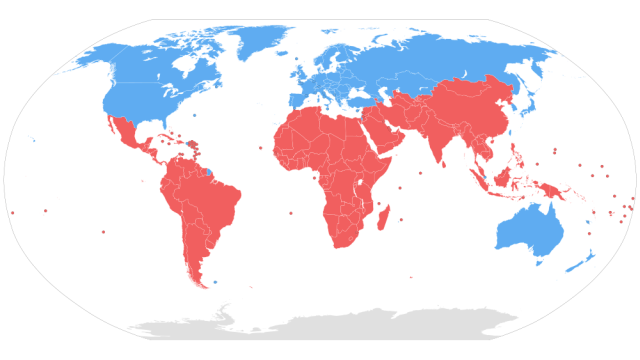
Artifacts in knowledge management research
Artifacts are vital to management practices. Conceptual and empirical studies have linked artifacts to several knowledge management processes such as knowledge accumulation, sharing, reproduction, and creation. The artifacts include1 tools, stories, documents, websites, and the like.
There has been increased interest in artifacts in knowledge management, with a proliferation of articles in related journals. This exponential increase creates the need for literature reviews and synthesis to help direct future research effort. A new paper2 aims to provide an in-depth understanding and clear directions to scholars who intend to study artifacts from a knowledge management perspective. The advice includes a list of four under-investigated areas and suggestions for methodological approaches to employ in future empirical studies. The paper’s aims are achieved through a systematic literature review approach.
This assessment will also assist practitioners in the recognition and administration of artifacts in relation to knowledge management processes and systems, and mechanisms to improve knowledge dynamics and organisational performance.
The systematic literature review covered the 1997–2015 year period, and was limited by the authors to peer-reviewed journal articles only. An initial search of seven selected journals yielded potential articles which were then reviewed for relevance and coded using a taxonomy. Both conceptual and empirical articles were included. Following analysis, eighteen articles were found to use the notion of artifacts to develop core ideas in a significant way, so these articles formed a core group. A further 38 articles were found to discuss artifacts as a major notion, and another 45 were found to discuss artifacts marginally.
Findings
Findings lacked cumulativeness and consistency in the current knowledge management debate. Empirical works outnumbered conceptual contributions by two to one, and the majority of articles focused at the organizational level of analysis. Knowledge management systems, knowledge sharing, and digital archives were the major research themes connected to artifacts, together with other closely aligned concepts such as learning and online learning, knowledge transfer and knowledge creation.
In summary, core articles … proposed measurements of artifacts or knowledge objects; discussed frameworks for analysis where artifacts played crucial roles; highlighted the human-computer interactions in knowledge management systems or processes; focused on the relationship between artifacts/objects and knowledge dynamics at the group or network levels; or discussed the role of cognitive, organizational and managerial variables that influenced the management of artifacts/objects to enhance stability and reduce conflict.
Empirical contributions operationalized artifacts as sketches and diagrams; lists, prospects, guidelines, documentation, intranet or quality management systems; co-created assessment tools; digital learning instruments; referrals, laboratory reports, and instructions as well as routines and rules, prototypes or practical tests, and standards and documentations; software development project patterns; consolidated knowledge platforms; photographs or non-immersive photorealistic virtual reality; ZingThing™ groupware and cognitive artifacts; and principles and methods for evaluation.
Future research directions
Four future research areas and corresponding research questions and methodological approaches are identified:
Research direction 1: develop a consistent set of definitions and terminology. A first call for future research recommends the development of a consistent set of terms to use in the current artifacts debate in knowledge management research.
Research direction 2: include refined theoretical treatments of artifacts. A second call for future research suggests the inclusion of clear ontological perspectives into the analysis of artifacts and knowledge management processes or systems.
Research direction 3: specify knowledge processes. A third call for future research suggests studying artifacts in relation to defined knowledge processes, such as knowledge implementation, sharing, mobilization, use, and collaborative knowledge building.
Research direction 4: investigate the influence of managerial actions. A fourth call for future research recommends the investigations of additional variables related to managerial actions and control and their influence on the adoption and use of artifacts.
References:
- Wenger, E. (2010). Communities of practice and social learning systems: the career of a concept. In Social learning systems and communities of practice (pp. 179-198). Springer London. ↩
- Mariano, S., & Awazu, Y. (2016). Artifacts in knowledge management research: a systematic literature review and future research directions. Journal of Knowledge Management, 20(6). ↩
Also published on Medium.





